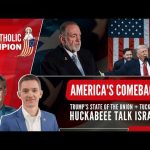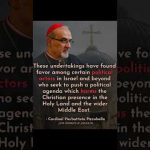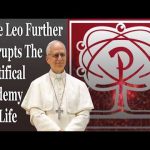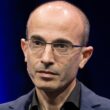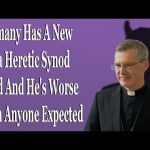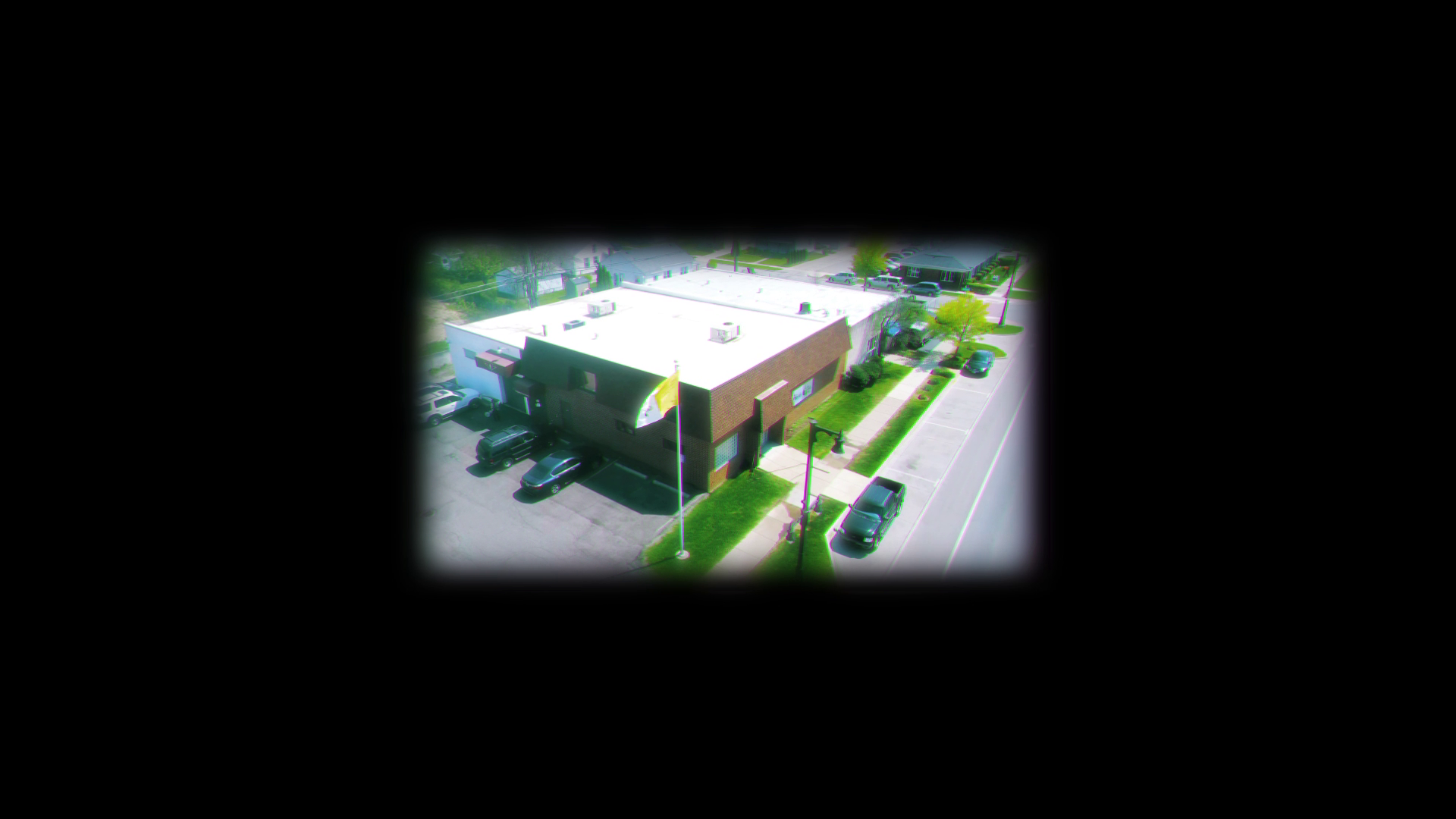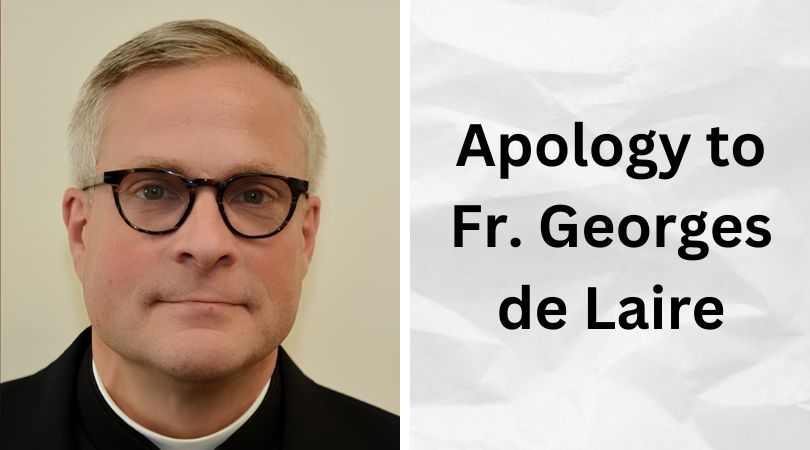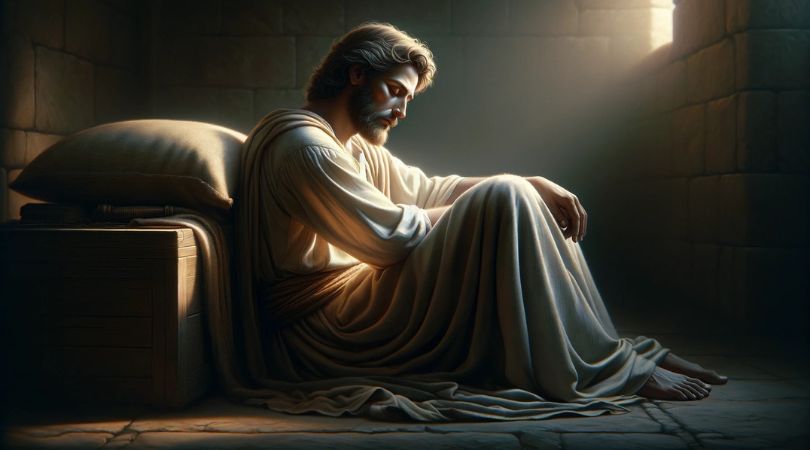VATICAN CITY (ChurchMilitant.com) – Pope Francis’ top cardinal canonist has blasted as “absolutely false” and a “pure lie” news reports alleging that reformation attempts are being made to include laymen in the conclave that will vote for the next pope.
Cdl. Gianfranco Ghirlanda
Cardinal Gianfranco Ghirlanda, a Jesuit expert in canon law to whom Pope Francis gave a red hat in August 2022, told multiple news outlets on Monday that he was not involved in reforming the process of selecting a future pope to make it more “synodal.”
‘Pure Lie’
“I do not know anything about it, and any implication I have in it is a pure lie,” Ghirlanda told EWTN News. “This is absolutely false,” he told LifeSiteNews on Sunday evening.
“Before your email, I had no news about the conclave reform that you mention,” the 81-year-old former rector of the Pontifical Gregorian University said. “I went to the internet and saw that it is said that I am working with the pope for such reform.”
Matteo Bruni, director of the Holy See Press Office, also told the Catholic News Agency he had no knowledge of a document purported to be revising Universi Dominici Gregis, Pope John Paul II’s 1996 apostolic constitution governing the conclave.
Fake News?
On Saturday, The Remnant website claimed that Francis had met Ghirlanda regularly at Casa Santa Marta to reform Universi Dominici Gregis, and since the end of August, the meetings were held on a weekly basis until the start of the synod assembly in early October.
Citing “well-informed sources,” the report said that the reforms were “professing to ‘return to the early Church'” by including 25% of “laymen and women and religious sisters, papally appointed by Pope Francis in advance of the Apostolic See becoming vacant.”
The report, moreover, asserted that the cardinal “is seeking to convince Pope Francis to undertake a truly revolutionary act, by revolutionizing who elects the pope,” and if promulgated, the reform “would widely be seen as representing an ecclesial and theological upheaval of papal elections.”
Hours earlier, The Pillar, citing anonymous sources “close to the Vatican’s Secretariat of State,” reported that “one proposed change would limit general congregations to the cardinals eligible to participate in the conclave election — those under 80 years of age.”
A second change would replace the general congregation with sessions like those used during the Synod of Synodality, with participants sitting at round tables of 10 or so for “spiritual conversations,” followed by reports to the entire assembly summarizing the table discussions.
Traditionalists Outraged
Traditionalist Catholics responded to the news with outrage, excoriating the proposals as “vandalism” and “death of tradition by a thousand cuts.”
“So they think they can thwart God Almighty by stacking the deck beforehand,” Timothy Flanders, editor of the traditionalist website OnePeterFive complained. “This is complete hubris on their part, and every good Catholic should laugh at these vain attempts.”
“This plan only works — and Francis’ pontificate only works — if hyperüberultramontanism is true Catholicism,” Flanders added, claiming that Francis was planning to “rig the next papal election.”
On the other hand, “every pope in the last hundred years or so (at least those who have lived more than 33 days) has at least tweaked the apostolic constitution regulating the sede vacante and election of the Roman Pontiff,” liberal Vaticanist Robert Mickens wrote in La Croix.
Lay Voting in History
Historians, however, have demonstrated how lay Catholics played a significant role in papal elections for at least the first thousand years of the Church and even participated in voting for the bishop of Rome.
Cardinals enter the Sistine Chapel for a conclave
According to historians, restricting papal electors to a college of cardinals is a medieval innovation. The office of a cardinal, while proving to be beneficial over the centuries, has no basis in Sacred Scripture or apostolic tradition.
After the Decian persecution, when two factions elected two rival popes (Cornelius and Novatian), the bishop of Carthage, St. Cyprian, backed Cornelius’ election, writing how he was approved by God, Christ, “by the favorable witness of almost all of the clergy, by the votes of the laity then present, and by the assembly of bishops.”
The Roman laity retained its role in papal elections until 1059, when the electoral body was restricted exclusively to the College of Cardinals.
Lay participation in papal elections only became a problem upon Pope Gregory IV’s death in 844, when the clergy and the nobles elected rival candidates. But the Roman laity soon regained its role and kept it until 1059, notes Frederic J. Baumgartner in Behind Locked Doors: A History of the Papal Elections.
Further, according to historians, under the model of caesaropapism, the involvement of lay emperors in appointing popes was the accepted model for centuries. Also, on at least three occasions, the son of a pope succeeded his father and became pope, as in the case of Innocent I who succeeded his father Anastasias I in A.D. 401.
“Perhaps the greatest impact of the decree of 1059 was that it widened the divide between clergy and laity,” Baumgartner laments. “Lay influence on future papal elections would be present, but it could be wielded only by bribing or coercing the cardinals.”
More recently, Cdl. Michele Pellegrino of Turin, supported by several cardinals participating in Vatican II, including Cdl. Leo Joseph Suenens of Malines-Brussels, argued for greater inclusion in the conclave in keeping with the principle of episcopal collegiality.



